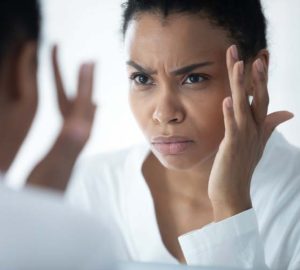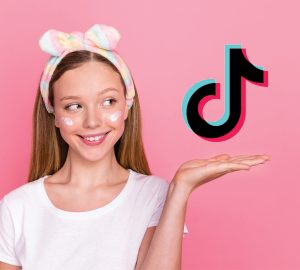Here’s to the kids who are different,
the kids who don’t always get As,
The kids who have ears twice the size of their peers,
and noses that go on for days.
I recently ran a weekend camp for girls in third through fifth grade, and it was fascinating and disturbing to hear some of them relate stories about being seen as quirky. These were ‘normal’ girls who were being judged for being ‘different;’ it was troubling to see how it affected their self confidence and impeded their friendships.
Jane had been labeled as gifted since kindergarten and has always felt more comfortable talking with older kids and adults. She takes her schoolwork seriously and hates the petty dramas that play out among her peers. That frequently makes her feel left out and alone.
Here’s to the kids who are different,
the kids they call crazy or dumb.
The kids who don’t fit with the guts and the grit,
who dance to a different drum.
Tess considers herself an artist; she loves to paint and draw and put scraps together to make sculptures. She is a keen observer who sees the world a bit differently than her peers. She has a sophisticated sense of humor and is a great conversationalist. She also dislikes how immaturely girls in her class act, so she spends her time with one close friend.
Mia loves Pokémon and comics and video games. She connects better with the guys in class who share her interests, resulting in her being disconnected from the girls altogether.
Molly is known as ‘little Gandhi’ because of how deep, sensitive and soulful she is. She stays out of the gossip and drama rampant in her school, and this puts her out of the loop with most of the girls. Instead, she spends many recesses alone or helping the teachers.
The camp weekend away from friend drama was a breath of fresh air for these girls. Every girl needs to be appreciated for what she brings to her class, to friendships and to the world. That is the value of having ‘circle time’: for girls to get real, honest and vulnerable with each other. Sharing stories and hearing how others can relate to them is healing. Once girls put aside superficial judgments, they discover their commonalities are more significant than their differences.
Here’s to the kids who are different,
the kids with a mischievous streak.
For when they have grown, as history has shown,
it’s their difference that makes them unique. ~ Digby Wolfe
Many eminent women who have made a difference in the world—Eleanor Roosevelt, Marie Curie, Margaret Meade and Georgia O’Keeffe—were considered quirky kids. They spent time in childhood developing their talents, and emerged from adolescence with confidence in their abilities. They found friends who could relate to them as they entered high school and beyond, when peers caught up with their level of maturity.
But we need to provide spaces in the classroom and outside school for quirky kids to connect so they can develop selfconfidence right from the start.
Tim Jordan, M.D., is a Behavioral Pediatrician who specializes in counseling girls ages 6 through college. For more information, visit drtimjordan.com.








